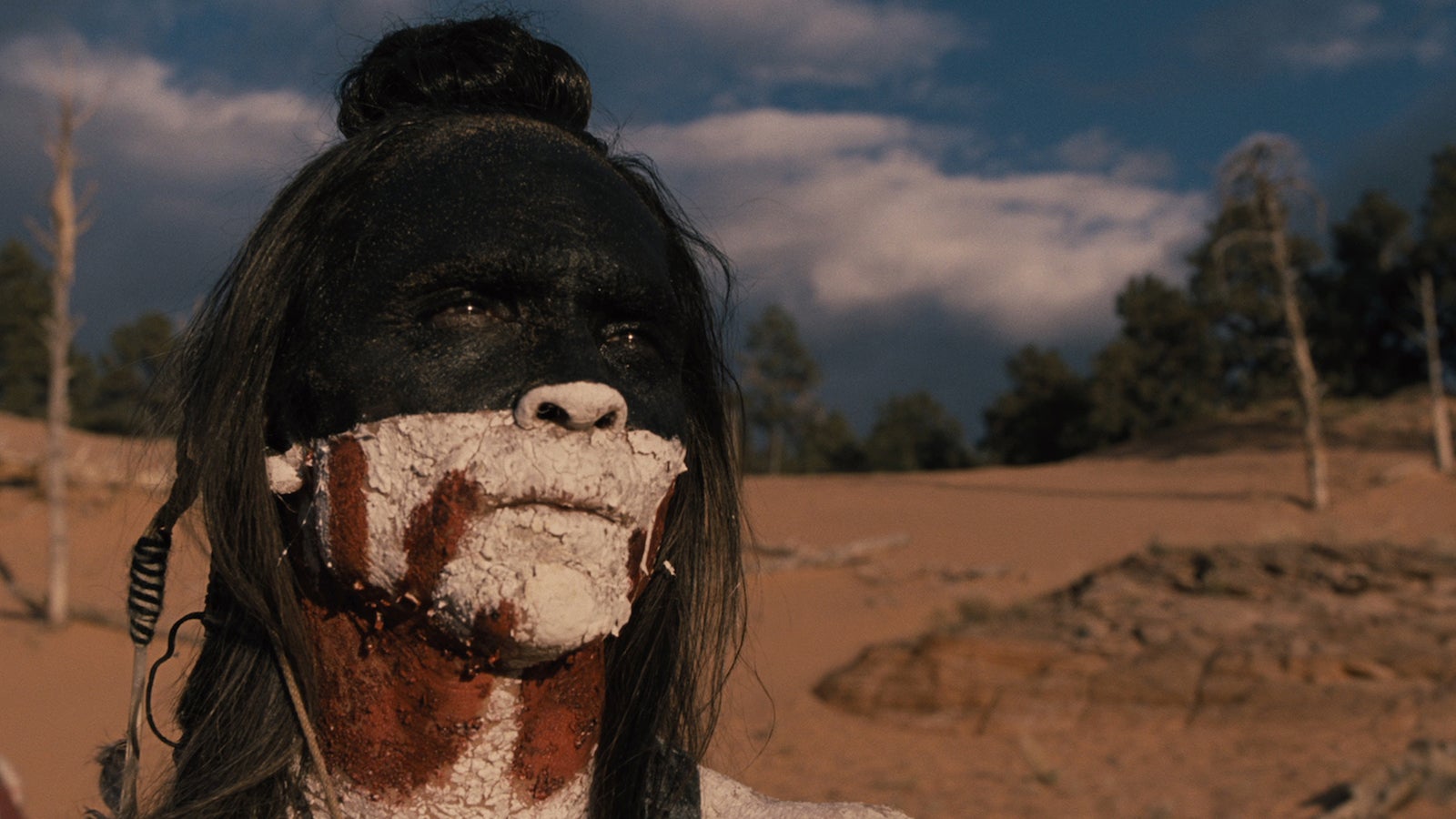In “Westworld,” technologists appropriate indigenous traditions as their own
Westworld‘s latest episode is a reminder of how Western society reclaims native stories as its own.


Westworld‘s latest episode is a reminder of how Western society reclaims native stories as its own.
“Kiksuya” retells the story of Westworld from an indigenous perspective. Previously we’ve mostly seen the park’s native hosts—the Ghost Nation people—in scenes of rampage and torture: raiding villages, scalping townsfolk (or being scalped themselves), and slaughtering men, women, and children. In that way, it has been a pretty typical portrayal of the “cowboys and Indians” tropes of the Western film genre.
But like so much of modern life (and television’s depiction of it), we haven’t been shown the other side of the story. Until now.
Season 2 episode 8, gracefully written by Carly Wray and Dan Dietz and directed by the German cinematographer Uta Briesewitz, was a much-needed antidote to the past few episodes’ fast-paced action and extreme violence. Subtle and striking, it took a risk that few TV shows and even fewer Westerns have done: dedicating a whole episode to the misrepresentation of indigenous cultures.
The episode follows Akecheta (Zahn McClarnon) as he retells the 30-year story of his time in Westworld. We have long known that Akecheta was one of the first hosts created for the park, but we didn’t know how integral he has been to so many storylines, quietly shaping narratives from the wings.
We discover that the Ghost Nation was a peace-loving people before some were reprogrammed for blood-lust—to fit Western guests’ expectation of natives as the hostile enemy. After encountering a mad guest—Logan (Ben Barnes)—on the park’s outskirts, ranting about this world being an “illusion” and wanting to find “the door,” something unlocks within Acheketa. “I never realized I had been here before,” he said upon returning to his clan. “With each passing day, my sense grew stronger: I had lived another life before this one.”
This is a mode of thought that many cultures from around the world share: The aboriginal people of Australia believe in a oneness with the land; the Mayans have a close relationship to cyclical time; and then there’s the Dharmic beliefs of karma and reincarnation.
As in real Western society, native voices are silenced in Westworld and white culture presumes its superiority. For example, this episode reveals that Dolores (Evan Rachel Wood) wasn’t the first host to gain consciousness—it was Akecheta. After finding Arnold’s (Jeffrey Wright) maze game in the carnage of Wyatt’s rampage 30 years earlier, he slowly finds his way to his own inner voice, and without any assistance from Delos staff. Realizing that the world he is living in “is the wrong world,” he dedicates his life to teaching others about the true nature of their existence and helping them find the center of the maze. (This explains the maze motif that is strewn across the park, appearing under skull caps and drawn in dusty fields.)
As “Kiksuya” progresses, the episode continues to connect traditional spiritual beliefs with their technological representations. The episode ends on the notion of shared consciousness and the interconnectivity of all things. Maeve (Thandie Newton), somehow still alive despite her trachea dangling out of her neck, is tapping into the hosts’ mesh network, which is how they share data between them. The concept is related to neural networks and the “internet of things”—but it’s also a central idea in many native traditions and ancient philosophies (as well as quantum physics). It’s another a case of the visionaries of the future borrowing from the folklore of the past.
Since the rise of the Western genre in the 1950s, Native Americans have been portrayed as dumb savages. In its latest episode, Westworld shows the ugly lie of that narrative. The HBO show has always done a pretty good job of casting people of color in leading roles: Jeffrey Wright as Bernard, Thandie Newton as Maeve, Tessa Thompson as Charlotte Hale, Leonardo Nam as Felix, and a cohort of other supporting characters. (McClarnon is Lakota and a Standing Rock Sioux.) But this doesn’t stop Western mentalities dominating the characters’ points of view—an unawareness of other cultures’ contributions to the nature of their reality.
In Westworld, as in life, including more diverse faces isn’t enough. We still have to learn to listen to their voices.